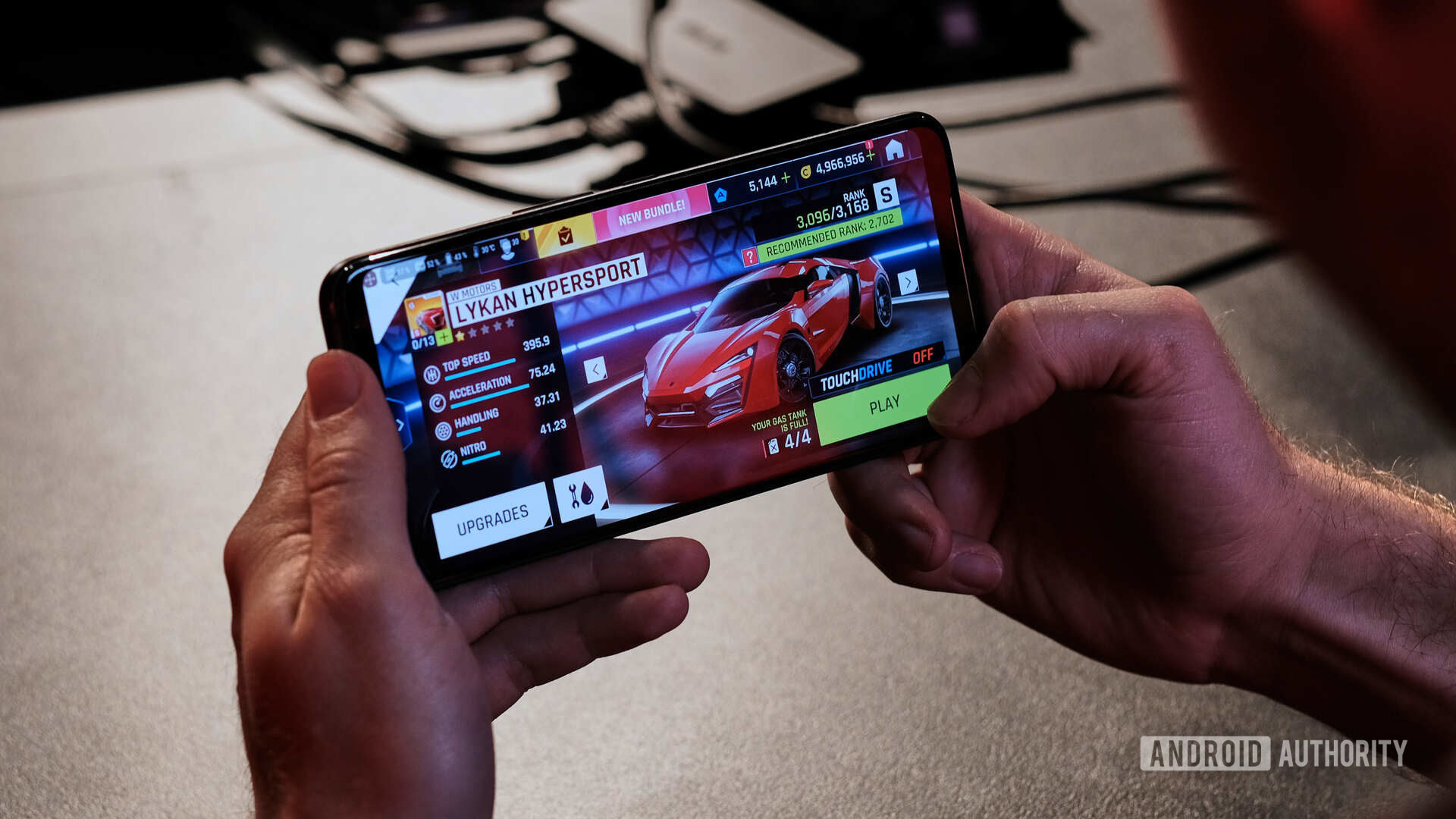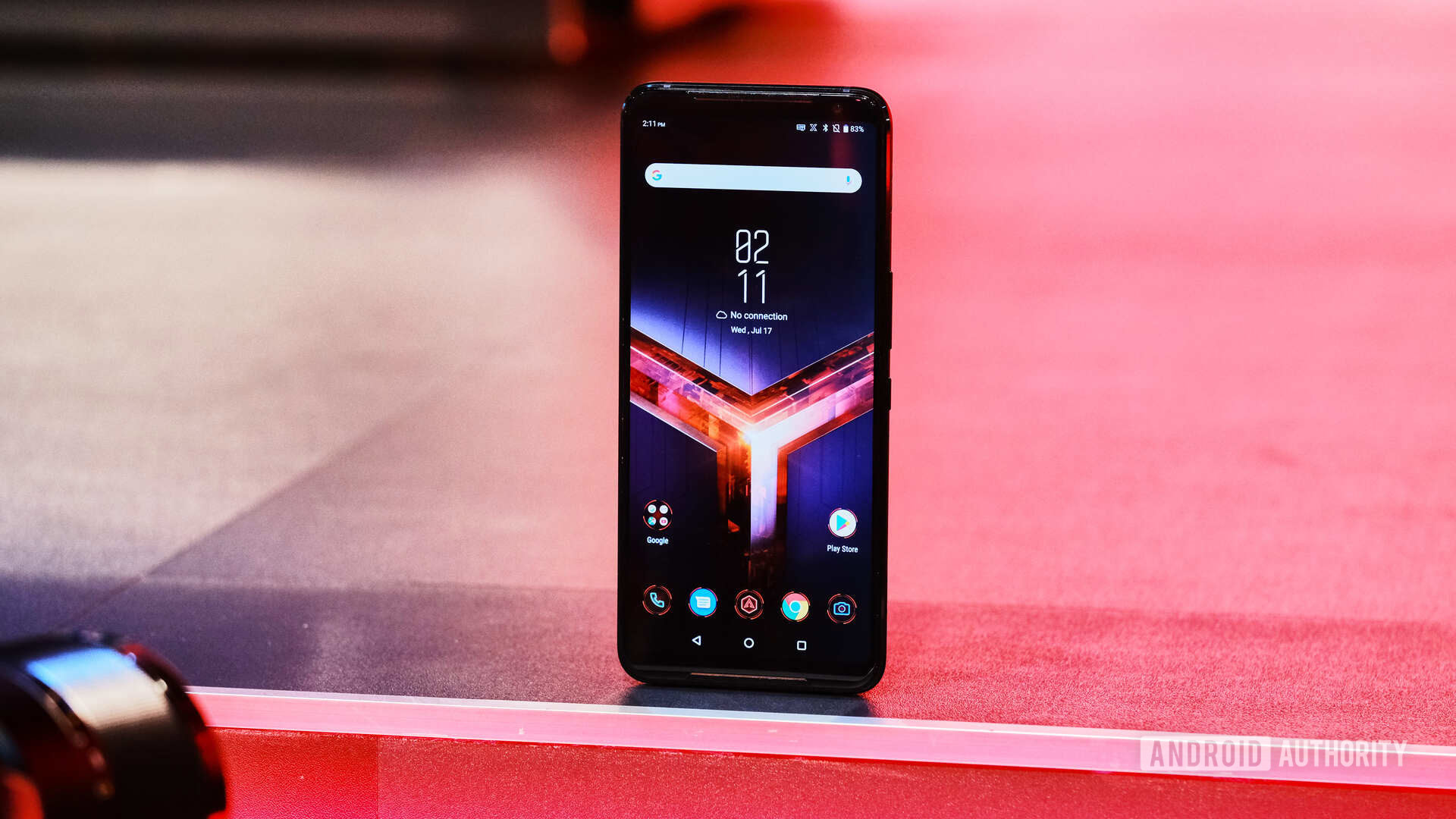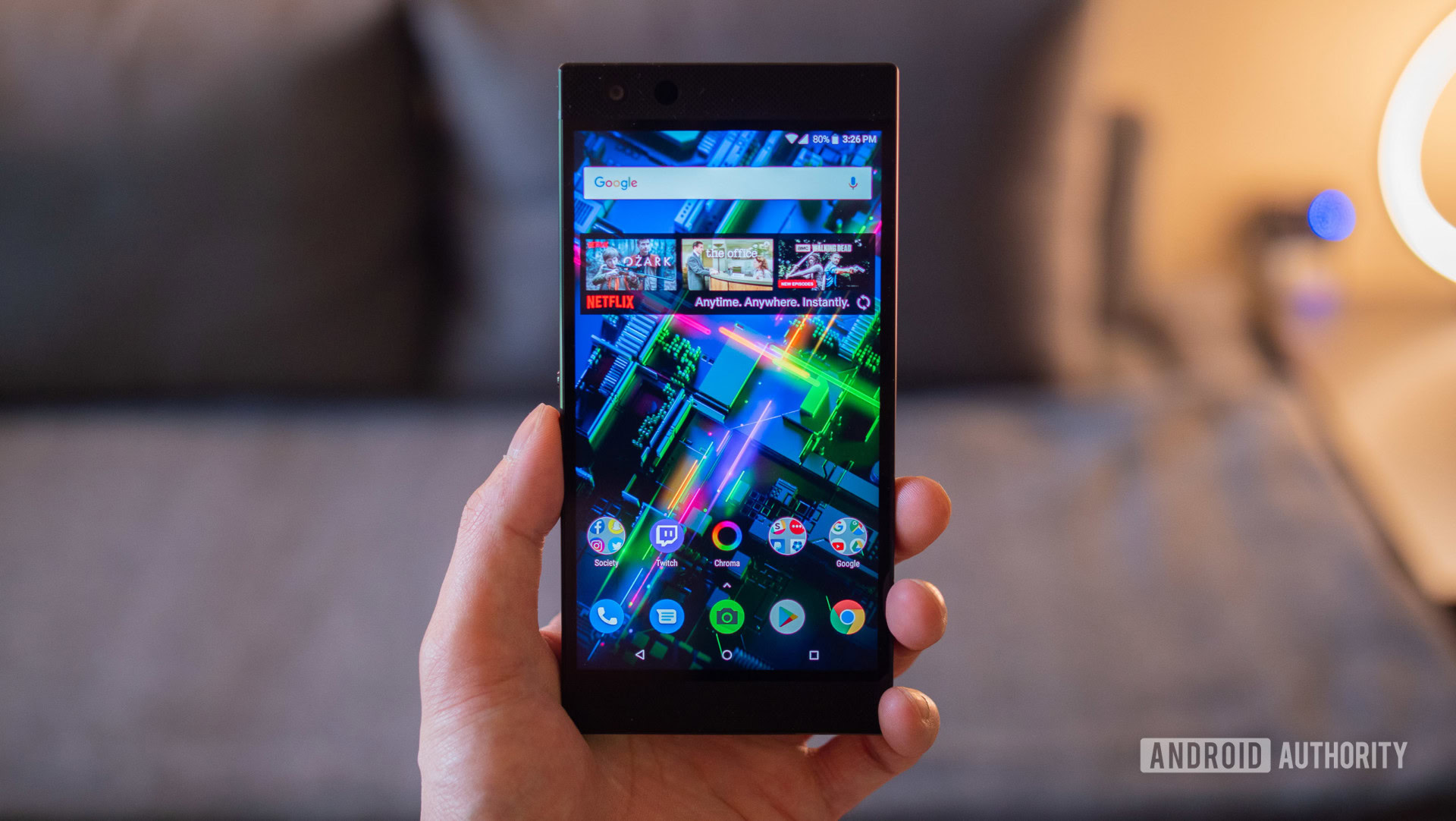Affiliate links on Android Authority may earn us a commission. Learn more.
What are the must-have features for gaming phones? Google has the answer
Published onOctober 8, 2019

We’ve seen loads of so-called gaming phones launched since the Razer Phone revived the category in late 2017. Since then, we’ve seen the ASUS ROG Phone series, the Black Shark family, and several other devices.
The “gaming phone” term is rather vague in practice though, as many brands interpret this as packing powerful internals and better cooling. Fortunately, XDA-Developers has uncovered the existence of a Game Device Certification program by Google.
Google documents obtained by the outlet reveal several requirements for a device if a brand wants game device certification for it.
How to qualify?
The first requirement is that the device should offer “predictable performance.” This means no “unexpected throttling, lost CPU cores, or other odd system behaviors” when playing games on the device.
Google is also focusing on GPU performance for the program, saying that devices should offer a “modern, up-to-date GPU and display APIs.” More specifically, the search giant mandates that Vulkan 1.1 should be supported on these devices.
Finally, the documents also address RAM behavior, saying that a certified gaming phone should provide access to RAM in a predictable way. Furthermore, Google says certified phones must allow a minimum of 2.3GB of RAM to be used by a process before it gets killed off.

We’re glad to see Google reportedly mandate a few requirements for gaming phone certification, although you could argue that this is a low bar. For one, virtually all flagships (aside from HUAWEI and some Samsung devices) use the Snapdragon 855 chipset, which supports Vulkan 1.1. We’ve even seen this API supported on mid-range silicon.
This just leaves better cooling and RAM management as two challenges for manufacturers, although many existing gaming phones tout improved cooling measures and a ton of RAM.

It’s also interesting to note that refresh rates and physical inputs don’t seem to be taken into account for gaming phone certification. We’ve seen the likes of the Razer Phone series offering 120Hz refresh rates, which translates into a smoother gaming and system experience. Meanwhile, the ASUS ROG Phone family offers ultrasonic triggers that act like shoulder buttons.
In other words, Google’s reported definition of a gaming phone is basically a reasonably powerful device that won’t overheat but packs sensible RAM management. What would you like to see from gaming phones? Let us know in the comments!